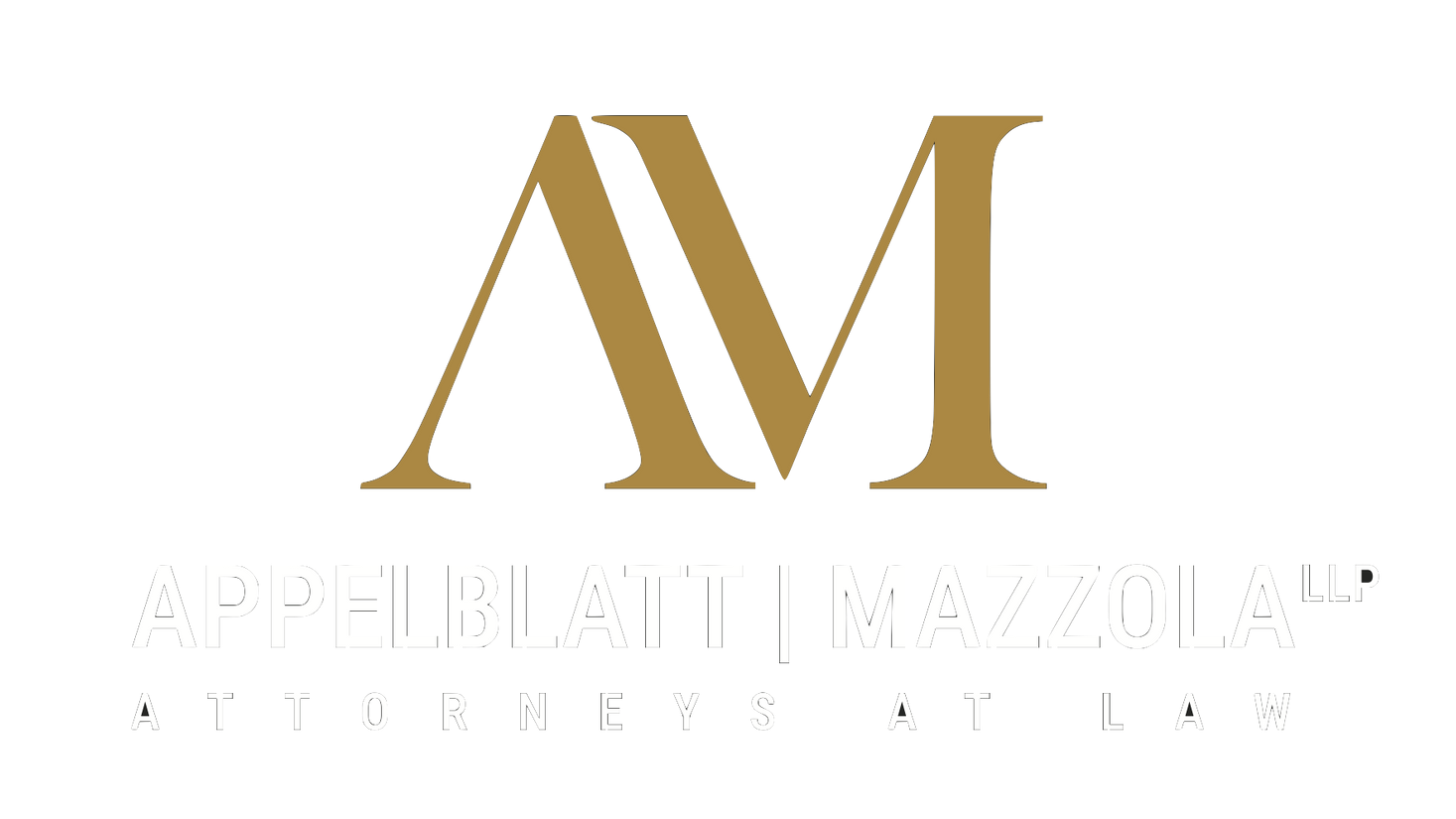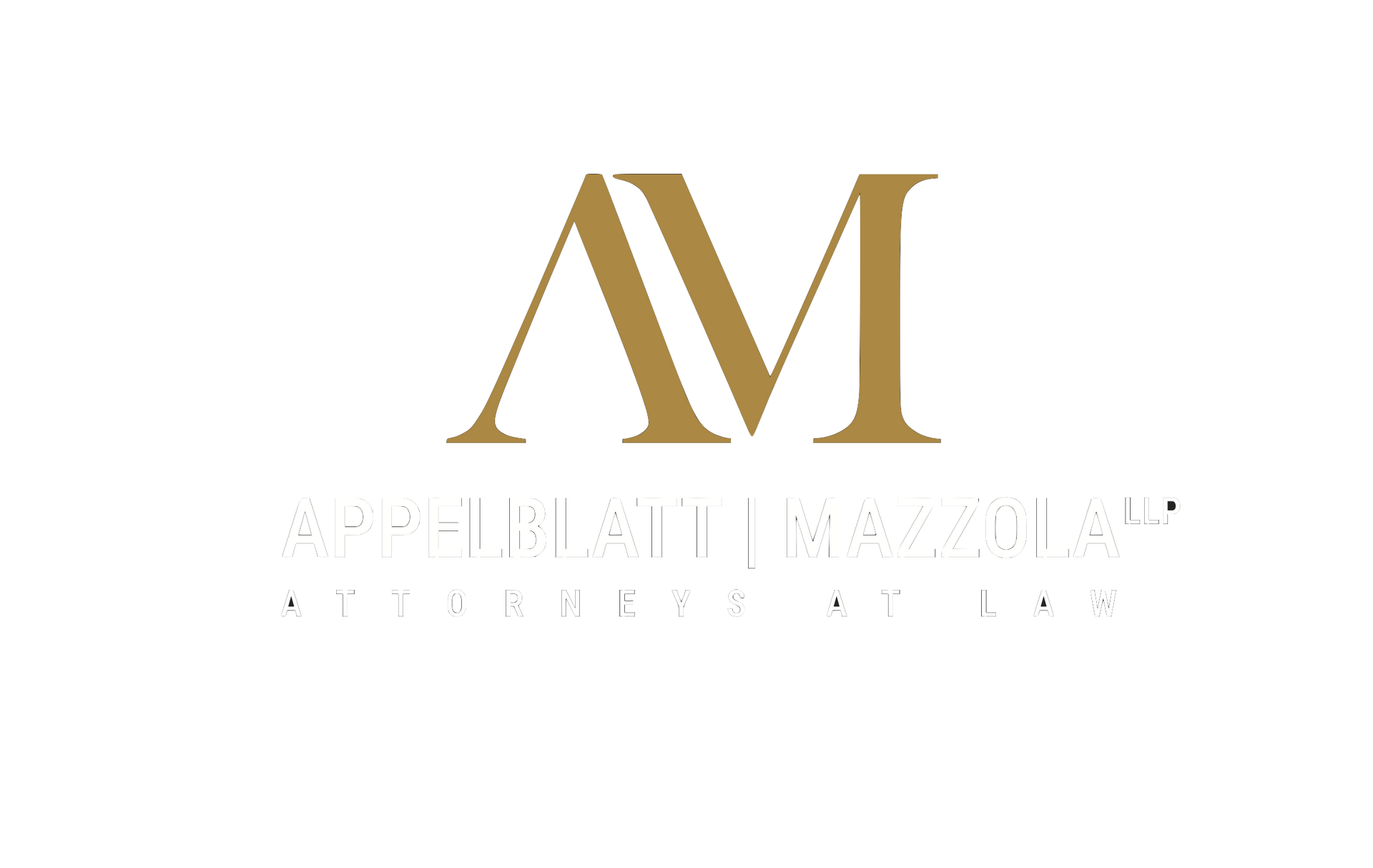Premises Liability in California
Holding Property Owners Accountable for Injuries
Hurt on Someone Else’s Property?
We’ll Fight for the Compensation You Deserve
Property owners in California have a legal duty to keep their premises safe for visitors, tenants, and customers. When they fail to fix hazards or warn people about dangers, serious injuries can occur. From slip and falls at grocery stores to injuries caused by broken stairways or inadequate lighting, these cases are often more complex than they seem. Insurance companies will often try to blame the victim or deny responsibility entirely. We represent people across California who’ve been hurt due to dangerous property conditions, holding negligent owners accountable and fighting for the financial recovery you need to move forward.
Types of Premises Liability Cases We Handle
Protecting Victims of Unsafe Properties
We handle a wide range of premises liability cases, including:
Slip and Fall Accidents
Wet floors, spills, and unsafe walking surfaces frequently cause injuries in stores, restaurants, and public spaces.
Trip and Fall Accidents
Uneven pavement, broken sidewalks, or hidden obstacles can lead to painful falls and lasting injuries.
Inadequate Security Cases
Poor lighting, broken locks, or lack of security staff can make it easier for assaults, robberies, or other crimes to occur.
Falling Merchandise or Debris
Improperly stacked goods in retail stores or falling objects from construction sites can seriously injure unsuspecting visitors.
Swimming Pool Accidents
Unsafe conditions, lack of barriers, or poor maintenance can result in drowning or other pool-related injuries.
Dog and Animal Attacks
Property owners may be liable when dangerous animals injure guests or visitors.
Premises Liability Claims in Florida
Understanding Your Rights as a Visitor
In California, property owners are required to maintain reasonably safe conditions and to warn visitors about potential hazards. However, these cases often hinge on proving the owner knew—or should have known—about the dangerous condition. Acting quickly after an injury is critical to gather evidence such as photos, surveillance footage, and witness statements. With the state’s reduced statute of limitations, there’s less time to file a claim than in the past.
Two-Year Filing Deadline:
You must file your premises liability lawsuit within two years of the injury date in California.
Comparative Negligence Rules:
Even if you were partially at fault, you may still recover compensation under California law.
Common Locations for Injuries:
Grocery stores, apartment complexes, parking lots, and hotels are frequent sites of these accidents.
Common Premises Liability Questions
What Injured Visitors Need to Know
What is premises liability and how does it apply to my injury?
Premises liability is a legal principle that holds property owners and occupiers responsible when someone is injured due to unsafe conditions on their property. In California, if you’re hurt on someone else’s property—whether it's a business, apartment complex, or private home—you may have a legal right to compensation if the property owner was negligent in maintaining a reasonably safe environment. This includes a wide range of incidents, such as slip and falls, broken stairs, inadequate lighting, falling objects, or unmarked hazards. The key factor is whether the property owner knew or should have known about the dangerous condition and failed to fix it or warn you in time. The law applies to both public and private spaces, and your legal status at the time of the injury—such as whether you were a guest, tenant, or customer—can affect the case. A skilled attorney can assess your position under California Civil Code and help determine if the facts support a strong premises liability claim.What kinds of hazards can lead to a valid premises liability claim?
Nearly any dangerous condition on a property can give rise to a valid claim if it causes an injury. Common examples include wet floors, torn carpets, broken handrails, loose tiles, poor lighting, lack of security, and structural defects. Outdoor hazards like icy sidewalks, uneven pavement, or uncovered holes may also qualify. In California, the key issue is whether the owner or person in control of the property acted reasonably. If they failed to clean up a spill, repair a broken step, or warn you about a known hazard, that may be considered negligence. It doesn't matter whether the condition was created intentionally or through oversight—what matters is how it was addressed. Businesses and landlords have a heightened duty to inspect and maintain their properties. If they knew—or should have known—about the danger and did nothing, you may have a strong case. An attorney can help gather the evidence needed to show how long the hazard existed and whether it was ignored.Do I need to prove the property owner knew about the hazard?
Yes, but the standard isn’t as high as you might think. Under California law, you don’t have to prove the owner had actual knowledge of the hazard—only that they should have known about it through reasonable inspection and maintenance practices. This is called 'constructive notice.' For example, if a grocery store has a puddle that’s been on the floor for an hour and no one cleaned it up, that could be enough to establish liability. The law assumes that responsible property owners check for hazards regularly, especially in places open to the public. Proof often comes from witness statements, surveillance footage, maintenance logs, or expert inspections. Your attorney will help build a timeline to show the owner failed to take timely action, which is central to holding them accountable.What compensation can I recover in a premises liability case?
If you’re injured due to a property owner’s negligence, you may be entitled to compensation for both economic and non-economic damages. That includes medical expenses, future treatment costs, lost wages, and diminished earning ability, as well as pain, suffering, and emotional distress caused by the injury. Serious injuries—such as fractures, head trauma, or spinal damage—can have lasting impacts, making it crucial to calculate not just what the injury has already cost you, but what it will cost in the future. A legal team can work with medical and financial experts to build a complete picture of your damages. In California, there are no caps on damages in standard premises liability claims. However, you will need to prove that the property owner’s negligence directly caused your injuries, and that your damages are well-documented. This is where a detailed legal strategy becomes vital.What if I was partly responsible for the accident?
California’s comparative negligence law allows you to recover compensation even if you were partly at fault. Your recovery will simply be reduced by the percentage of fault assigned to you. So if you’re found 25% responsible for not noticing a hazard, you could still recover 75% of your total damages. This is especially important in premises liability cases, where property owners may argue you should have seen the danger or were acting carelessly. But just because a hazard was visible doesn’t mean you lose your case. The question is whether the owner still failed in their legal duty to prevent or warn about it. A good attorney will anticipate this defense and gather evidence to show the owner had a greater responsibility. They’ll also help you avoid common mistakes that could shift blame unfairly. With the right representation, you can still hold the property owner accountable—even if you weren’t perfect.How do I prove a premises liability claim?
To prove a premises liability claim in California, you must show four things: (1) the property owner had a duty to maintain the premises in a reasonably safe condition; (2) they breached that duty; (3) that breach caused your injury; and (4) you suffered actual damages as a result. These are the building blocks of a negligence case. Evidence is key. This can include incident reports, photos or videos of the hazard, witness statements, medical records, and documentation of lost wages or expenses. In some cases, expert testimony may be used to show that the property owner’s actions—or inaction—fell below the expected standard of care. The stronger your documentation, the harder it is for a defendant or insurance company to deny liability. Your attorney’s role is to gather that evidence quickly and strategically, and to build a case that shows exactly how the property owner’s negligence led to your injury and losses.How long do I have to file a premises liability lawsuit in California?
In most cases, you have two years from the date of the injury to file a premises liability lawsuit in California. This is known as the statute of limitations. If you miss this deadline, your claim can be permanently barred—no matter how strong the evidence is. If your injury occurred on public property—such as a government building or public sidewalk—you may face a much shorter timeline. In those cases, California law requires you to file a claim with the responsible government agency within six months. After that, if the claim is denied, you typically have just six more months to file a lawsuit. Deadlines are strict, and exceptions are rare. That’s why it’s essential to speak with an attorney as soon as possible. They can ensure all paperwork is filed on time and that your case is preserved from day one.What if I was injured on a friend’s or relative’s property?
You may still have a valid claim. In California, a premises liability case is typically handled through the property owner’s homeowner’s or renter’s insurance policy—not directly against the person you know. That means your claim is a financial transaction with their insurance company, not a personal attack. It’s common for people to hesitate when the injury occurred on a friend or family member’s property. But keep in mind, they carry insurance for exactly this reason. If they were negligent in some way—such as failing to warn you about a known hazard—their policy is there to cover your losses. An attorney can help handle this with care and discretion, keeping the focus on your recovery and the insurer’s obligations. You deserve medical care and financial support, even if the accident happened in a familiar place.Can I sue a landlord or property manager for an unsafe rental property?
Yes. Landlords and property managers in California are legally responsible for keeping rental properties in a reasonably safe condition. If they knew—or should have known—about a dangerous condition and failed to fix it, they can be held liable for resulting injuries. This includes issues like broken stairs, faulty wiring, inadequate lighting, unsecured balconies, or even failure to address crime risks in common areas. Under California’s landlord-tenant laws, they must inspect the premises regularly and respond to repair requests in a timely and reasonable way. Tenants, visitors, and even delivery personnel can file claims if they’re hurt due to property conditions that weren’t properly maintained. Your attorney can investigate maintenance logs, repair requests, and building codes to show where the landlord failed to meet their legal duties.Do I need a lawyer for a premises liability claim?
Yes—and sooner is better. Premises liability cases often depend on quickly disappearing evidence: unsafe conditions are cleaned up, witnesses move on, and video footage is erased. An attorney helps preserve critical evidence, establish fault, and calculate the true value of your claim. Insurance companies may deny fault or offer low settlements, especially if they think you’re unrepresented. A lawyer knows how to challenge these tactics, present expert testimony if needed, and handle negotiations that reflect the seriousness of your injury. Your recovery—both physical and financial—depends on getting it right. The right lawyer ensures your story is documented, your rights are enforced, and your compensation reflects everything you’ve lost.

